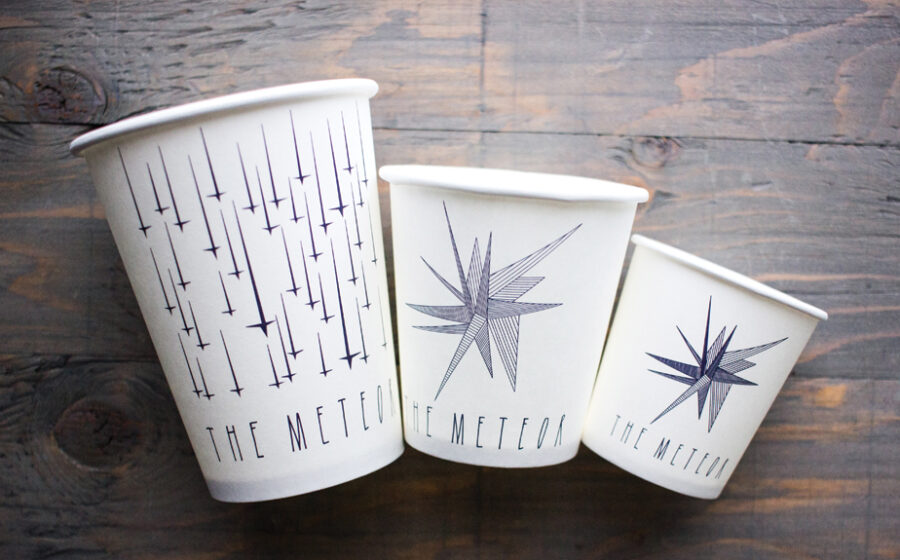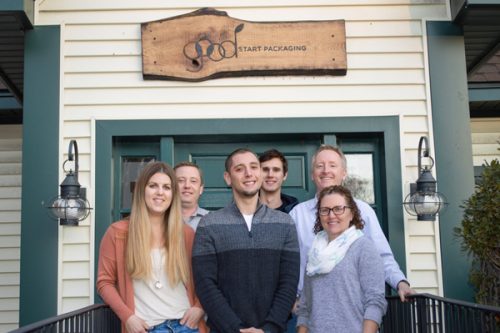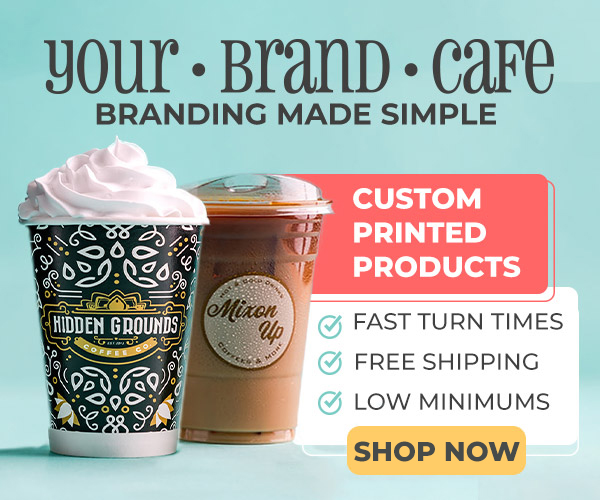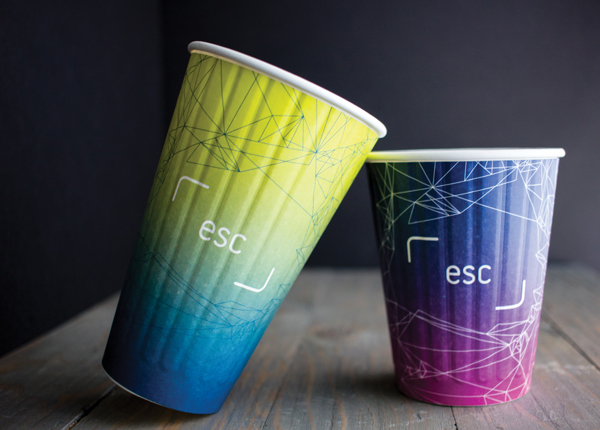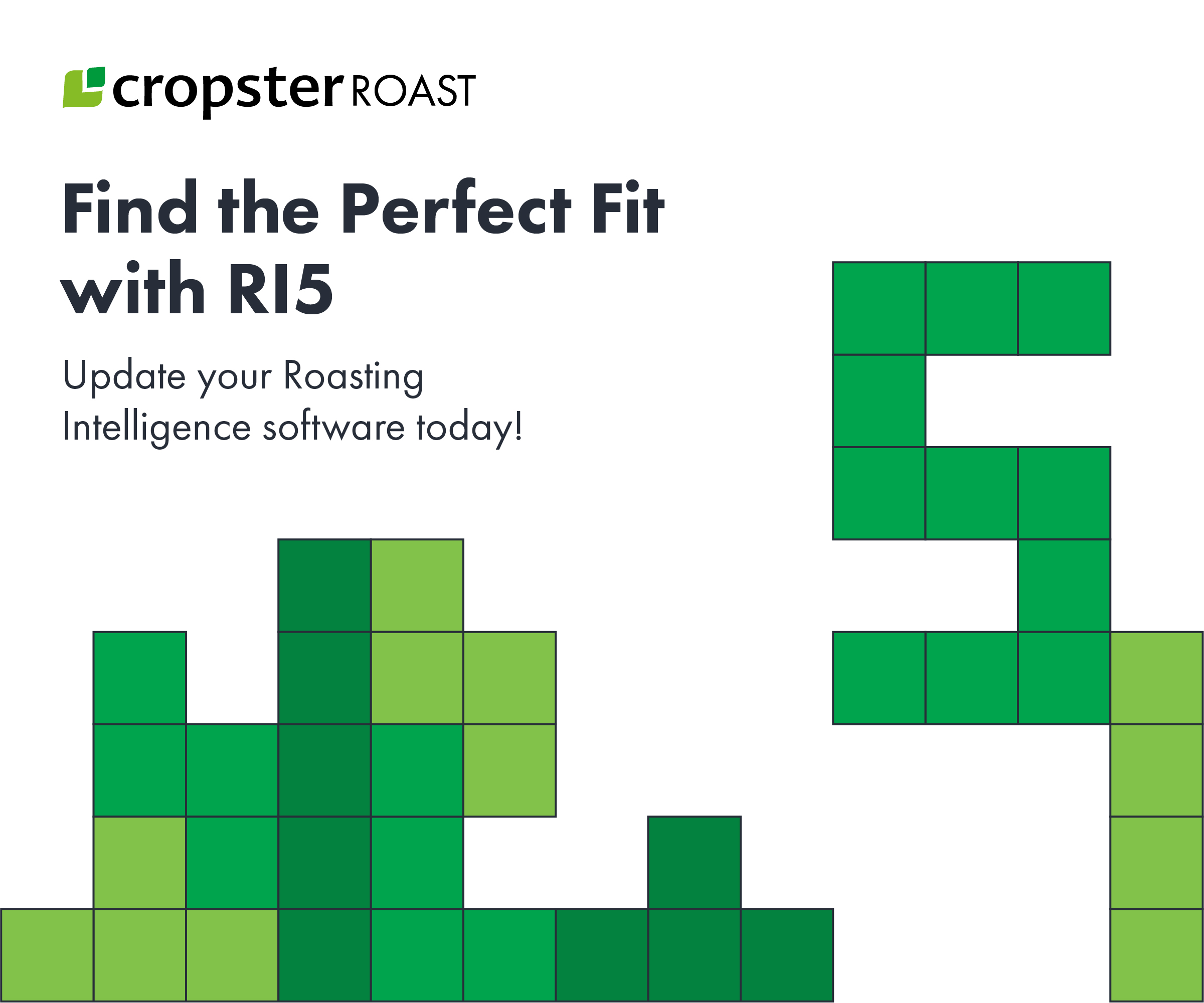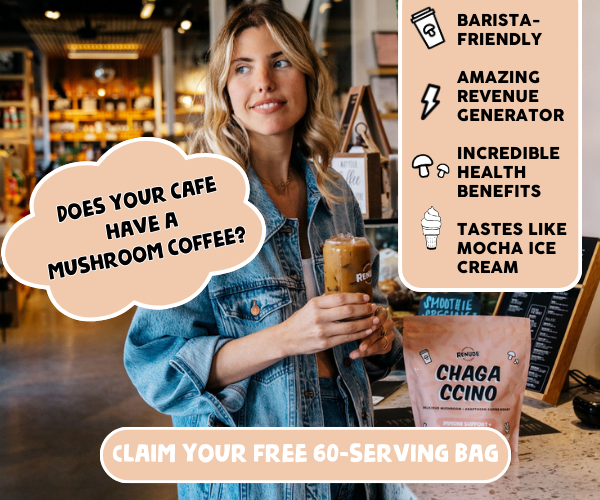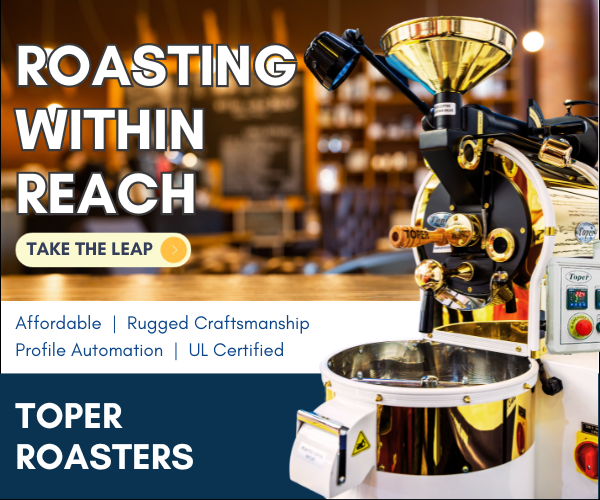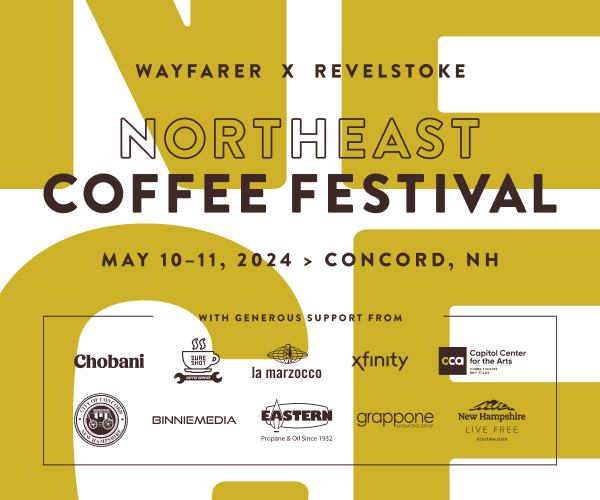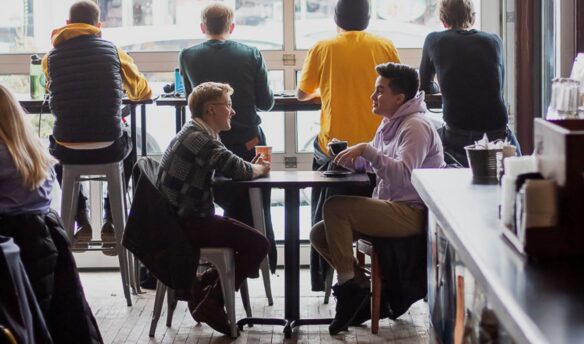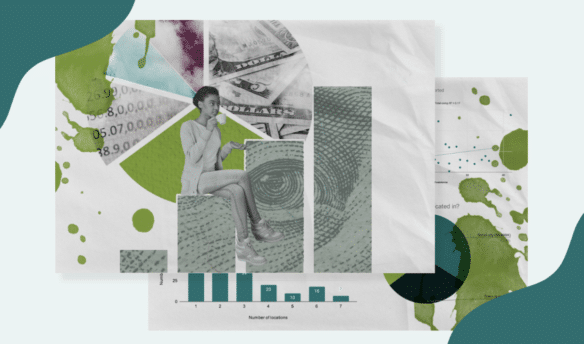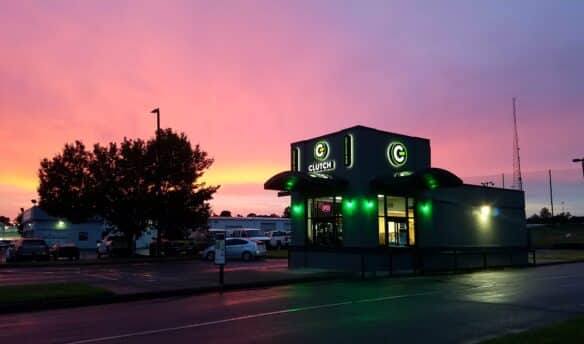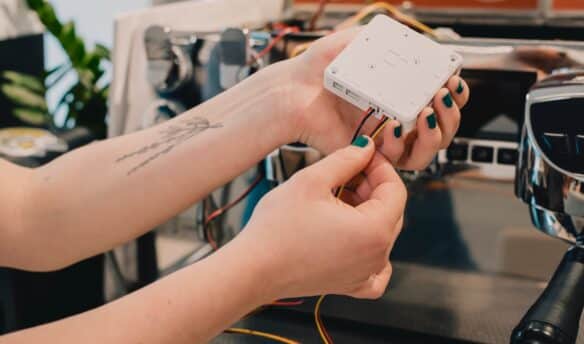Every year, Americans throw away an estimated 60 billion paper cups. Most of them—because they include a plastic liner—can’t easily be recycled or composted and ultimately end up in a landfill.
But alternative, earth-friendly foodservice disposables do exist. And as demand for them continues to grow, they’re becoming more affordable and more readily available.
If the obvious environmental benefits of making the switch to sustainable packaging aren’t enough to convince you to replace your storeroom’s foam and plastic with paper and other plant-based products, consider this: It can also be good for business.
“Consumers have the expectation that businesses are doing the right thing,” says Sarah Martinez, director of marketing for Boulder, Colorado-based Eco-Products, a manufacturer in the sustainable foodservice packaging market. “Foodservice operators are recognizing that using environmentally preferable packaging offers a way to convey that they are being good stewards to the environment. Our products can literally be a green billboard in their customers’ hands, helping them build their brand.”
In some instances, opting for a sustainable alternative to the industry norm—say, a fully compostable hot cup with a lining derived from plant starch, versus a standard hot cup—can cost just a cent or two more per unit, says Ken Jacobus, CEO of Good Start Packaging, a Bedford, New Hampshire-based distributor of sustainable supplies for the foodservice industry.
For tea and coffee shops already committed to serving fair-trade, environmentally sourced beverages and foods, making an incremental investment over plastic for to-go and catering needs represents a natural extension of their business model and brand, Jacobus says.
“Plastic is highly over-engineered for its use in the foodservice industry,” Jacobus says. “It’s something that can last decades, but we only need it to last 20 minutes while we drink a coffee.”
Array of options
Today, it’s possible to find sustainable options derived from natural products for practically all of your foodservice needs—from compostable hot and cold cups, to wood-based stirrers and utensils, to bowls, trays, plates, and to-go boxes made from sustainable sources such as palm leaves, bamboo, wheat straw, sugarcane, or paper.
Many of the products are remarkable for their straightforward—and all-natural—approach to tackling waste. California-based Leafware, for example, offers a line of bowls, trays, and plates formed using naturally harvested, fallen palm leaves. “No chemicals are added. We just add heat and water. That’s all we do,” says Noah Dwyre, Leafware’s regional sales manager.
Former agricultural byproducts can also now be utilized to create disposables. That’s the case with sugarcane plates and containers, which are formed from leftover sugarcane pulp, known as bagasse, which remains after harvest and had traditionally been burned in the fields as waste.
Even your trash can liners and carry-out plastic bags can now go green via compostable options like Chicago, Illinois-based Renew Packaging’s Renew Bag, which is made from an all-natural film derived from plant and vegetable starches.
In a compost setting, the bags can fully decompose in 90–180 days, says Camilo Ferro, Renew Packaging’s founder and managing partner. When not in a compost facility, the bag breaks down on its own in about 12–14 months, without leaving any harmful chemical residues behind to leach into soil or groundwater.
“Europe has been about 10 to 15 years ahead of us on compostables, but we are now catching up, which is exciting,” Ferro says. “This is the future. Oil has its place in society, but to use it to make disposable packaging is a complete waste of resources, now that we have the technology to utilize what Mother Nature has given us.”
In the United States, green foodservice products finally seem to be gaining market share, and new sustainable options—in terms of container materials, looks, shapes, and sizes—are being added all the time. “There’s a huge push now, based on the fact that everyone wants to be more environmentally conscious,” says Troy Ruscheinski, vice president of sales and marketing for British Columbia, Canada–based Seaside Paper Products, manufacturers of paperboard food-to-go boxes and the trademarked Java Jacket.
Currently, sustainable products are available through most major US foodservice supply distributors, such as US Foods and Sysco, as well as specialty green distributors like Good Start Packaging. Some companies, including Leafware, also do direct orders.
Before making the switch away from plastic and Styrofoam, café owners should first talk with their distributors to learn which sustainable products might best meet their individual needs and preferred price points. When looking for compostables, be certain to request BPI-certified compostable packaging, assuring that the product meets the minimum standards set by the Biodegradable Products Institute, Martinez says. “If it just says ‘green’ or ‘biodegradable’ you can actually end up getting stuff that may not be healthy for the soil,” she says.
An added bonus: most sustainable products can easily be branded with your shop’s logo, even in small-scale orders. “Custom printing can be done in quite low minimums,” Ruscheinski says. “You can basically get your own custom print.”
Benefits beyond the landfill
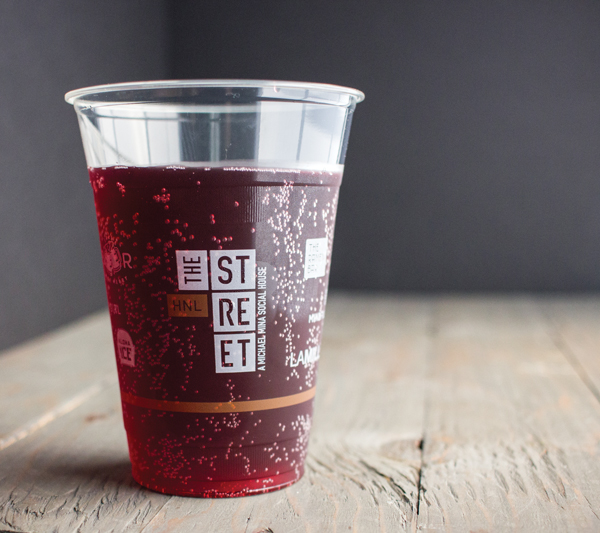
Plant-based disposables are suited for composting. In areas with composting facilities, their use can be a significant driver in keeping food waste, which the EPA estimates to represent at least 20 percent of municipal trash, out of landfills. In addition to the obvious benefit of saving landfill space, composting food scraps also promotes healthy soil and prevents organic materials from rotting in a landfill, where their decay emits methane, a harmful greenhouse gas, Martinez notes.
When food is served in compostable packaging, advocates say, composting becomes even simpler than recycling. Recycling requires sorting by material type and pitching food waste into a separate container, but when cafés switch to compostable packaging, the customer experience is streamlined and simplified: food waste and the sustainable serving materials can all go in a single composting bin.
Plus, the carbon footprint involved in manufacturing sustainable packaging—because they’re derived from renewable resources—is typically much lower than for plastic. Many producers of sustainable packaging, in fact, strive to have a net-zero or negative carbon footprint by planting trees or establishing wind farms, Jacobus says.
Even if your area doesn’t yet offer municipal compositing facilities, switching to sustainable packaging can still yield substantial benefits, including raising overall awareness about the types of trash we’re producing. “There are a number of people who consider themselves environmentally conscious, but they don’t give enough thought to the amount of disposable plastic they use,” Jacobus says.
“When people start to see sustainable packaging in stores and in their everyday lives, they realize not only do they work as well—the coffee cup that’s compostable looks and feels and works like a regular coffee cup—but they start to think about their overall usage of disposables, as well. And maybe next time, they actually bring a refillable cup, which is even better [for the environment] than using a compostable cup.”
Bonus Content

